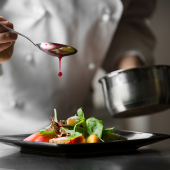Editor’s note: For some, this may be a very difficult piece to read. I encourage you to do it anyway. The people who have shared their truth in this article should be respected for their courage in stepping forward. When people share stories like these, it’s powerful stuff.
Should you find yourself struggling with no one to turn to, I would suggest either calling the National Alliance on Mental Illness at 800-950-6264 from 10:00 a.m. to 10:00 p.m. Monday through Friday, or in a crisis, text NAMI to 741741 for 24/7 confidential free crisis counseling.
Finally, many of these brave individuals will be at Catersource + The Special Event in May, offering an open dialogue session to discuss how we can support and uplift each other as an industry. A Candid Conversation LIVE on Mental Illness in the Event Industry is open to all attendees who hold education passes for either show. See sidebar for more details.
Behind the enchanting, noisy, multicolored, sometimes chemically enhanced, and wonderful world of events that we all love…is us—the people who make it all happen. We are dedicated, creative, endlessly energetic, and creative visionaries who work tirelessly to make all the glamour look effortless. We are proud of our work and love the feeling of utter exhaustion and mind-numbing fatigue that we experience as we eat fast food at three a.m. on the drive home. Our families and companions are hours into sleep; our pets notice us with sleepy eyes as we enter the darkness of our homes. We turn on the television to decompress, and then try to follow the rest of the house into slumber until we must wake up and start another day.
A Candid Conversation LIVE on Mental Illness in the Event Industry
Wednesday, May 5
1:00 p.m. - 2:00 p.m.Featuring:
- Fausto
- Reuben Bell
- Melissa Tibben
- Terrica
- Suzi McMerty Shands
- with moderator Charessa Sawyer, MSW, CMP
This powerful panel of industry professionals will discuss their own paths and solutions, and take questions and comments from the audience. This session will be presented as a “Bridge” session, meaning it will be available with all conference education passes. Visit schedule.catersource.com or schedule.thespecialeventshow.com for all the details.
This kind of work is gratifying and oddly satisfying in a way that traditional 9-to-5 jobs are not. But at what price do these strange hours and unpredictable highs and lows come to us, and how do we create meaningful personal and professional lives that exist in a healthy space together when the schedules of those we love are so drastically different? This type of life can leave one feeling a bit like an outsider. Loneliness and a feeling of isolation can settle in early on and can lead over time to unhealthy behaviors that ultimately need to be addressed.
How do we maintain these levels of highs and lows and learn to self-correct and maintain some semblance of sanity as we move through life? Can we successfully support each other in this way? Do we support each other enough? Or does the time we devote to keeping each other in check shine a light on insecurities of our own that we would rather not examine?
Here, seven industry professionals will examine these questions based on their own experiences.
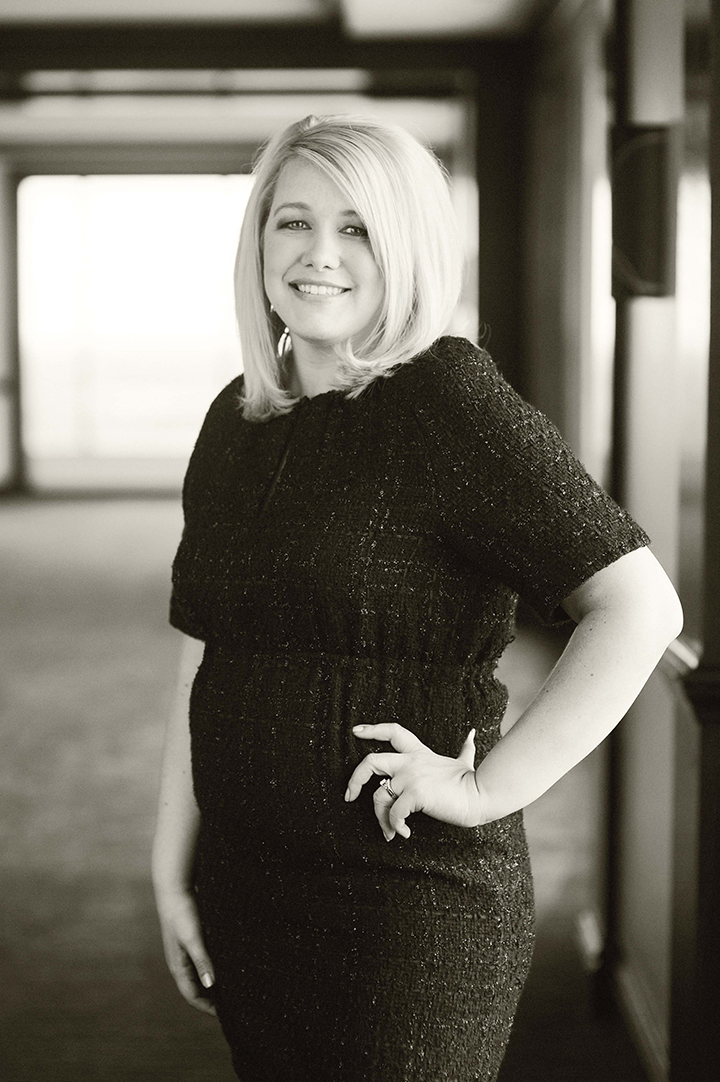
Renee Adams/R. Collective
Our industry exists to provide experiences for others that create euphoria and extravagance; however, the makers themselves: the muscle and minds behind the magic, are now, more than ever before, struggling to find it themselves. We surround ourselves with carefully crafted indulgences, and yet the elephant in the ballroom is often that those creating these masterful moments are the ones struggling with mental health, alcoholism, and addiction.
There is a vastly overlooked thread tying together our industry colleagues and mental health disorders, one that has been exacerbated during the current trials we’ve all faced—but prevalent for decades. While we celebrate the talent, we overlook the trauma it could be causing for the individual and those closest to them. We support the debauchery but shy away from discussing the disease. Many of us have been ravaged by the destruction caused by the deteriorating mental health climate we face ourselves or see affecting our partners, yet the stigma of perfection causes us to pause in sharing our truth.
The impact of the last two years is far broader than our pocketbooks. The onslaught of feelings: worry, fear, anxiety, sadness, and disappointment brought with them a tornado of triggers for mental health disorders and substance abuse, and yet our focus on survival has been heavily financial. Behind the zoom meetings, pivots, and petition signings, people are falling apart at the seams, and others of us are struggling to hold our worlds together entirely. As the pandemic rages on, the necessity to create the perception that everything is fine and ensure others feel that things are “normal” is neither healthy nor required. Right now, at this moment, there are thousands of emotions to be owned, and not a single one needs to be handled with refinement. It is wholly and completely okay to show your cards for what they are, and while our situations may be different, that doesn’t make them petty nor small, no matter what others are going through at the same time.
If you or someone you know is struggling with mental health, substance abuse, or addiction, please find support. Just as we work together to create our professional masterpieces, we must come together to acknowledge and support each other’s personal struggles.
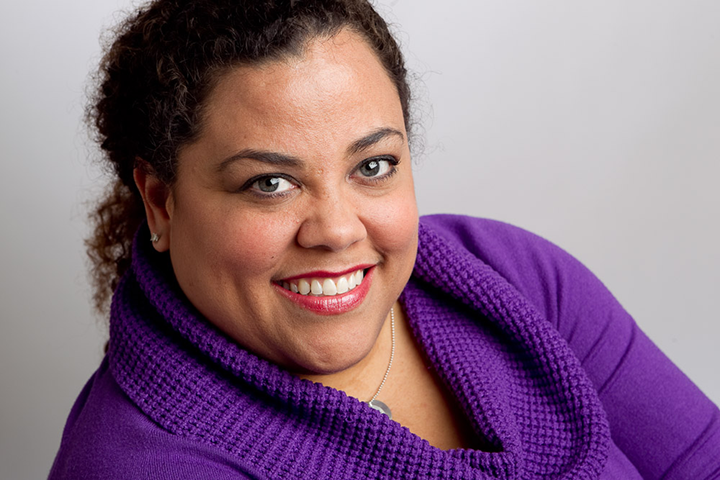
Suzi McMerty Shands/Mintahoe Catering
I am the co-president of a large catering company with its own set of stress inducers. The fact that I am a woman adds to this. I feel like I must prove myself a little bit more than my male counterparts, or even my co-president, who is male. I frequently feel like I struggle to be taken seriously, particularly within our industry. If a woman is strong, she is a bitch. If she shows emotion, she is falling apart. The same rules, I believe, do not apply to men. This truism lives in the back of my mind every day and definitely affects my mental health. I recently went through a divorce, and while I do not feel that my career caused the divorce, I feel like the specific place in my life that I found myself in did. This place had a lot to do with my career.
So many people I see in my social media feeds are carefully curated versions of themselves that downplay or hide any actual struggles that they may be going through. These façades make it even harder to face reality when trouble hits. It would be nice to hear colleagues from around the industry share their problems and triumphs in equal measures. We all go through good times and hard times—why are we so focused on highlighting the good times and hiding the hard times? It is unhealthy. Record numbers of people are going into treatment programs right now. Alcohol sales are through the roof. I applaud anyone who can speak their truth and let their hair down. Come and talk to me if you need an ear. I am happy to listen!
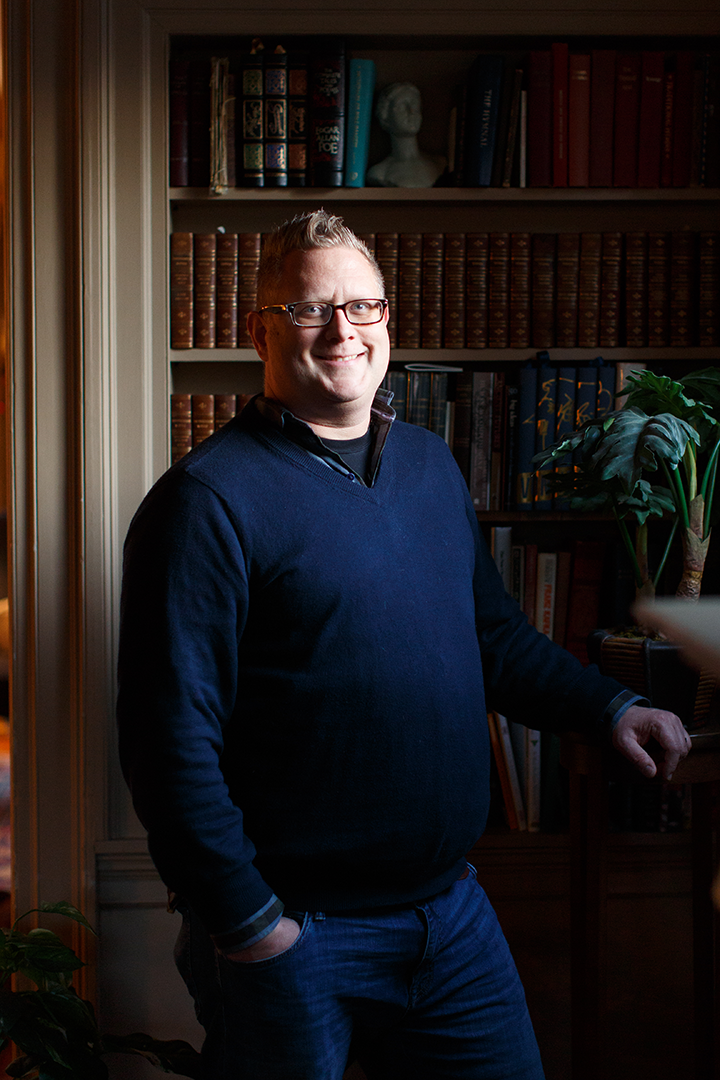
Reuben Bell/Blue Elephant Events and Catering/Real Maine Weddings
Substance abuse feels easy to hide when working in the special events industry. You are surrounded by noise and guests and colleagues enjoying what you are trying to avoid. Conference evenings seem like endless nights of dancing, chemicals, and fun. Where you draw your line is up to you, but I found that when the fun started interfering with the rest of my life, I had a problem to deal with. Officially, I am an alcoholic. It feels strange to type it. Today, I look at it like any other thing I need to work on. Sometimes it’s a bummer, but I just keep moving forward. Sobriety has changed my life in many ways, mostly good, I think. I don’t stay up all night and party anymore. I am a very patient listener. I am good at being around others who are struggling (that is an excellent skill to have sometimes). Conversely, I have noticed that people will find me cold or distant. I’m not really, but that is how sober me translates sometimes. I’m also incredibly impatient at times. Yet, the pros of being sober outweigh the cons for me. Drunk me is hateful and selfish and no fun.
The pressure to work and maintain the façade that you have created while you are
struggling with substance abuse at home and work is overwhelming and impossible in the long term. It becomes a panic-fueled race that you and those close to you— your family, co-workers, employees—all find yourselves in. The finish line is never quite clear, but no one wants to see it. Only when the situation comes to a crisis or one of the participants decides to drop out of the race does the problem get addressed.
Some days are more challenging than others. Some years are more challenging than others. I sailed through the explosion of 2020 with no problem when things were at their worst. It wasn’t until 2021 that I found myself struggling. The key to navigating the darkness is to talk about it with those around you. Don’t internalize things. Cyndi Lauper once told me that, “healthy people don’t self-destruct.” I reach for healthy every day, as hard as I can. If you ever want to talk about substance abuse, reach out! Sometimes just talking about it aloud lets enough light in to make a difference.
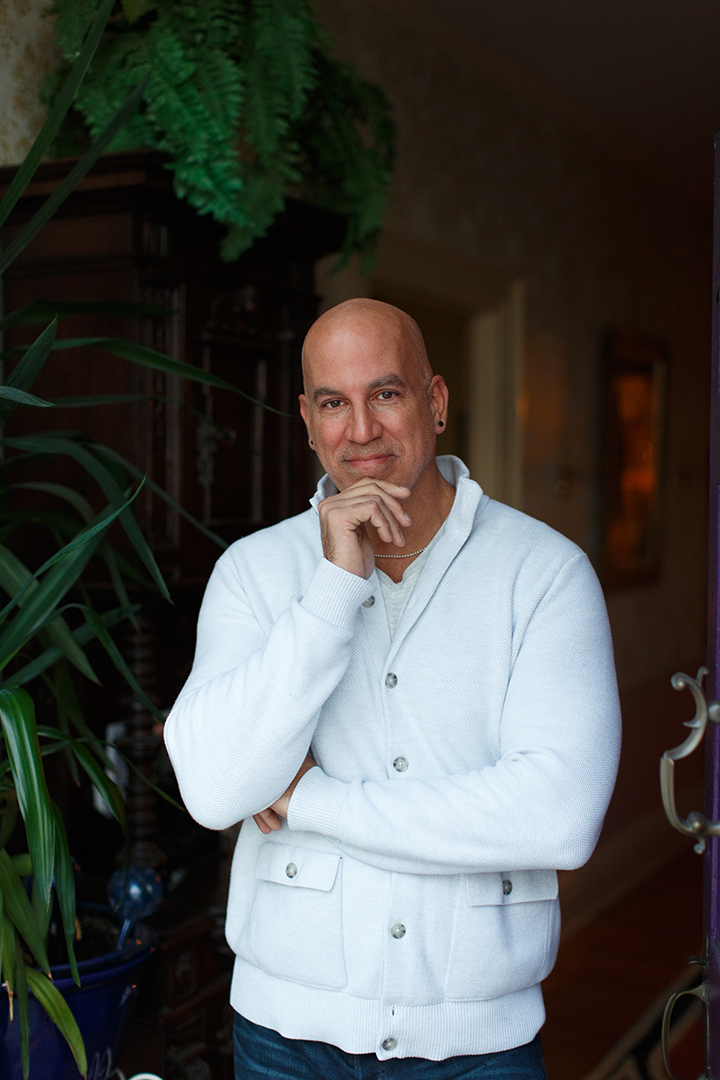
Fausto/Blue Elephant Events and Catering
I stand before you, scared and frightened. Does imposter syndrome play a part?
So many things worry me these days. I am the partner of an alcoholic. I worry almost every day. Will this be the day that I get a call from the police? Will the business provide for our future collapse because of this awful disease that no one talks about? I worry that I am aging out of my industry. Will people find me relevant after 35 years? Ageism is real, and it creeps into your subconscious more than you know. Trying to keep up in an industry constantly changing with the influx of younger people is exhausting. Drugs, alcohol, and cattiness play a big part in this. We are so busy making other people happy that we forget to make ourselves happy, to the point where we even forget what that means.
I have watched colleagues’ businesses collapse with not a word. No one in the industry reached out to offer help. Why are we afraid to attach ourselves to somebody who is hurt, broken, or beaten down? I feel that our responsibility as the stewards of this industry is to put our hands out and hold people up. I’d rather carry you on my shoulders than have you hide your struggle from me.
2020 was a challenging year to live through as we experienced our industry implode.
How much can one person take before breaking? We need to reach out and check on our industry peers. They need us more than anything.
So many of us sit in the darkness with depression, anxiety, and stress. We go to conferences and have a good time, but when we return, the sadness awaits us. These feelings can manifest in substance abuse and other destructive behaviors that lead us further away from where we want to be.
Remember that sometimes behind the laughter, there is a lot of sadness. When was the last time you asked a colleague how they were doing and got an honest answer that started a real conversation?
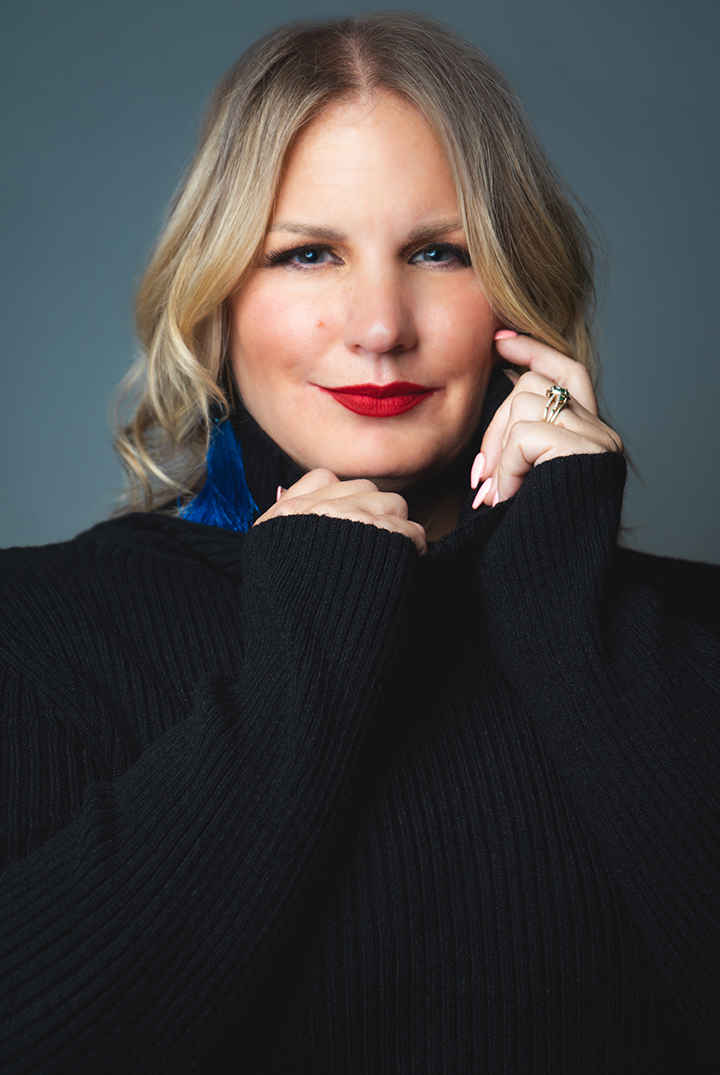
Jamie Lee Quickert
I did not realize how deeply my career defined me until I lost it. It wasn’t just losing my position within my company to COVID; it was watching my entire industry crumble. Over the years, I have worked incredibly hard and built a solid reputation of which I was proud. I never feared for my job. I always knew that if something were to happen, I had successful friends and colleagues who owned businesses around the country that would hire me instantly. I knew that I was good at what I do. They knew I was good at what I do—and that became a significant part of my identity and security. When COVID began to shut down our industry, I watched my most successful friends tearfully close their doors and lay off their staffs. I realized that no one was safe. No one could rescue me. No one could hire me. It didn’t matter how talented or hardworking, or passionate I was. There were no parties to be thrown. The music had died.
It took me a long time to deal with the grief, anger, and depression from losing my job. I felt like I had lost my sense of direction and self-worth. Over time and with help from my friends (and a counselor), I used the time to heal and grow.

Terrica/Cocktails and Details
We’re always seen as the invisibles—those who work fervently and tirelessly behind the scenes to make dreams come true. As we endure the heavy lifting of planning throughout the week, we don another hat of magician, therapist, creator, manager, and so much more on production days when we must be “on.” This requires that we turn everything off—the person that cut us off in traffic, the argument with the spouse, the kids not cleaning their rooms, or the pet accident on the floor.
This industry can be tough on its professionals—all people see are the gorgeous events we pull together, not knowing how as we get one couple down the aisle, our marriages are crumbling or how when everyone else is laughing at a joke from the father of a client during a toast, that we’re grieving a recent illness or loss of a loved one.
This push to be the best, to be seen here, to be bigger and better silences the fact that we are real people, going through real things—and it can be overwhelming. We lose our shine; we no longer have the same excitement to return calls or attend meetings, we may forget something because our minds have been elsewhere or worse: we snap at those closest to us because of the pressure to be everything for everyone.
We should talk about this more, and we should support each other more, instead of acting as if the dream makers are immune to the trials and tribulations of life.
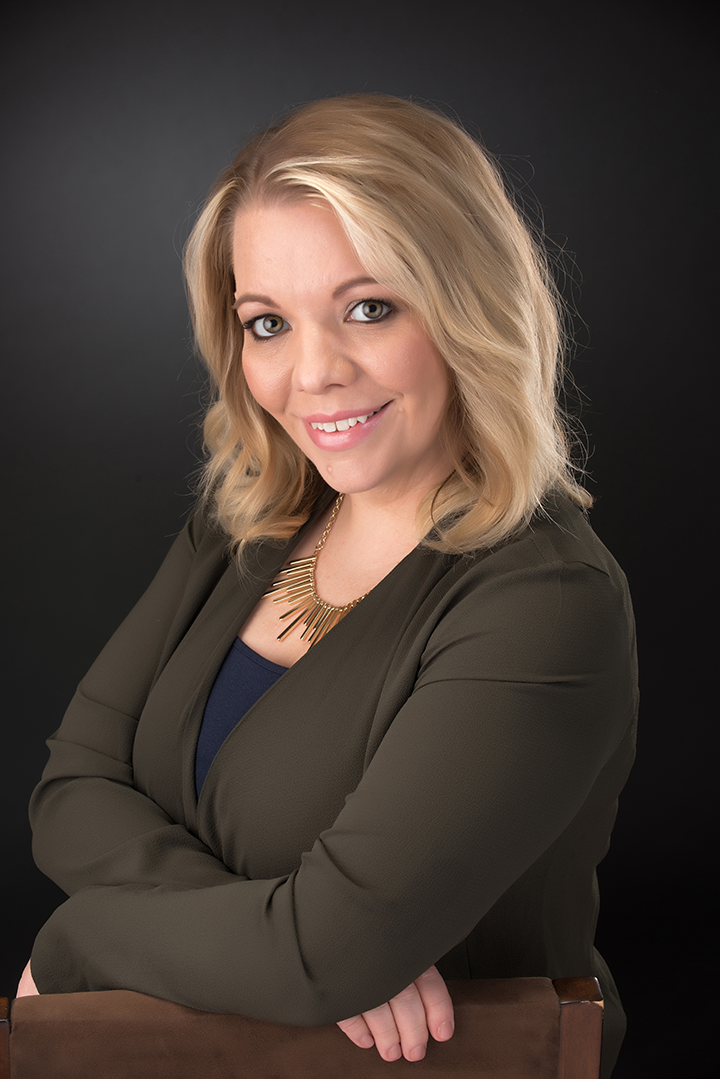
Melissa Tibben/Total Party Planner
Shortly before COVID hit, I made the decision to sell my shares in one of the best catering companies in Nebraska and move to the East coast.
Before the move, I put myself out there. I was a constant figure on social media. I turned into a selfie queen and live video addict. I was all about my brand and becoming a recognized name and face in our industry. I sat on different industry boards and spoke at and made myself a regular at national conferences. I participated in multiple industry organizations. I wanted to be the best, so I surrounded myself with the best. I felt like I belonged, and I became addicted to the limelight.
I took a position as catering manager at an Airforce base. While I loved what I was doing, I started to feel less and less important in the catering industry. Was I being forgotten by an industry I loved and felt was my home?
Then COVID struck and I lost my job. I was devastated. Was I good at catering, or did I just get by? Was I talented, or was I just well-liked?
I started to feel like I had nothing to offer. Shortly after this, I lost my mother, my grandfather, and a dear catering friend in four months. I contemplated suicide during this time. My physical and mental health went downhill. I was in my early 40s with no kids, no job, poor health, and a husband who didn’t know how to make things better for me no matter how hard he tried. I was bedridden for close to a year. I avoided reality by playing online poker and sleeping. In my mind, I had lost so many of my catering friends because I no longer had anything to offer. I didn’t know how to ask for help. That’s the thing about those who suffer from mental health issues; we are often self-aware.
I’m employed now, and I love my job, but I still struggle with mental illness—I think I always will—but I’m here, and I’m very proud of that. It’s okay to admit you’re struggling. It’s okay not to be okay. But we must remember we do have a purpose, and even though your purpose in life might continue to change, it’s still there. You are still here, wanted, needed, and loved.


